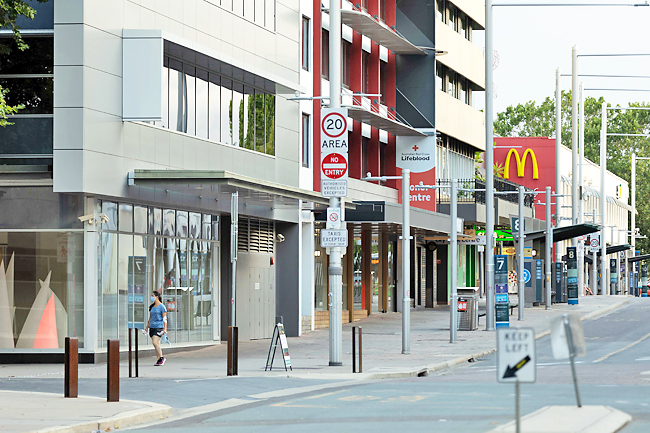SYDNEY (XINHUA) – Australian consumers’ pent-up desires to spend big in December were dampened by the arrival of the Omicron variant of COVID-19, according to figures released by the nation’s largest bank yesterday.
The Commonwealth Bank of Australia (CBA) Household Spending Intentions (HSI) Index rose by 2.5 per cent last month, the highest level since the HSI began in July 2017, with the biggest gains being in the travel, transport and retail sectors.
The CBA said that Christmas trading was boosted by the lifting of restrictions, which had been imposed during the nation’s Delta variant outbreaks.
CBA economists believed that the spending surge was also fuelled by the household savings accumulated during the earlier stages of the pandemic which had reached about AUD260 billion (about USD188 billion) at the end of December.
Senior economist Belinda Allen said the household spending data for December showed a sustained recovery from the Delta lockdowns, although increasing numbers of people isolated due to Omicron had impacted spending in January.
“The boost in the travel and transport sectors reflects increased mobility around the country in last December,” Allen said.
“Domestic tourism, such as driving holidays, lifted spending, but we continued to see reduced air travel due to availability.”

Allen noted that the new variant was impacting the economy, saying, “We can see from our high frequency credit and debit card data there appears to be a fall in spending in January, with spending on services more impacted than goods spending.”
CBA economist Stephen Wu said consumer spending had already dropped in January due to the latest spikes in COVID-19 cases.
“Our assessment is that the surge in cases over the past three weeks has resulted in around three per cent less spending over the period than would otherwise have been the case,” Wu said.
“With many people in isolation, we have seen spending on services slow sharply. However, spending on goods has held up well. Online spending growth remains firm, while in-store spending is a little lower.”
Wu said spending on alcohol consumed outside the home had also fallen, although spending on eating out had been broadly steady.
“Given the number of COVID-19 cases, spending on medical and healthcare has been strong over recent weeks,” Wu said.






